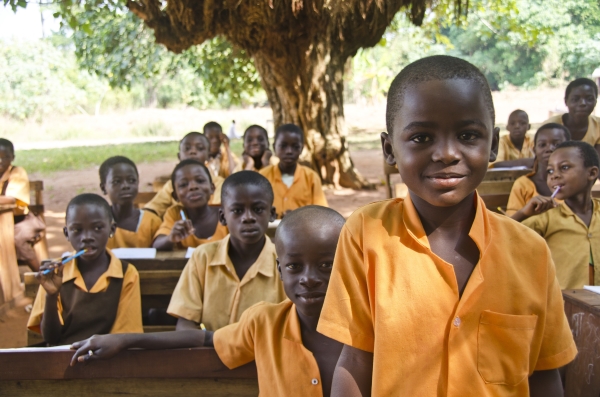EBLS: Koforidua, Ghana
KOFORIDUA, GHANA

Koforidua is a city with a population of about 130,000, located approximately 80 kilometres north of Accra, the capital of Ghana. Koforidua serves as a commercial centre in Eastern Ghana, with the main industrial activities ranging from textiles, crafts, soaps, pottery, and ceramics. There is also agricultural production in Koforidua, mainly cash crops ranging from maize, cocoa, plantains, among others. Its inhabitants are mostly Akan-speaking as they city was founded in 1875 by Akan migrants.In the context of rapid economic growth and urbanisation, Ghana
In the context of rapid economic growth and urbanisation, Ghana has faced several challenges in relation to child abuse and child labour. According to data from the Eastern Regional Director of the Domestic Violence and Victim Support Unit (DOVVSU, 2016), children mainly suffer neglect, abandonment after birth, defilement, rape and sexual harassment. Ghana is also one of the countries with the highest prevalence of violent discipline against children in the world. The government has expressed a strong commitment to eradicating violence against children as well as all forms of gender-based violence through various programmes supported by the International Community and seek to strengthen such efforts through solid evidence-based policies which can provide for adequate prevention and intervention initiatives.
The research team in Ghana will be led Dr Joseph Osafo from the Department of Psychology of the University of Ghana. Dr Osafo has a strong research interest and experience in public and community health. He brings to the EBLS project an experience in health advocacy for policy uptake. Five academics at the University of Ghana from different department join the EBLS team, namely Prof Charity Akotia (Department of Psychology) with specialism in health and gender issues, Prof. John Anarfi (Centre for Migration Studies) with a research focus on women and children’s health, Dr Adote Anum (Department of Psychology) with research interests in neuropsychological development of children, and Dr Patricia Akweongo (Department of Epidemiology) with expertise in health economics, and health psychologist Dr Franklin Glozah (School of Public Health).
Image source: Creative Commons
